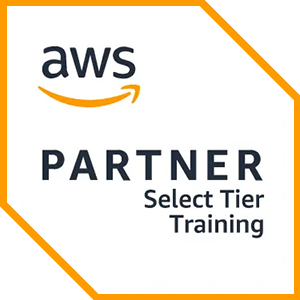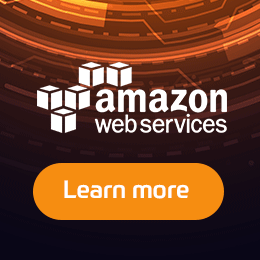Is the Cloud a game-changer when it comes to delivering network connectivity services? My educated opinion is that cloud-native networks could very well mean life or death in the long-term for communication service providers. The agility that the cloud provides and the mere scale of services that can be offered through the cloud are astonishing.

This could very well be the biggest transitional challenge for communication service providers yet, as Cloud computing calls for a radical shift from infrastructure-centric engineering to more software-based systems.
The biggest push factors for the adoption of Cloud technologies in the Telecommunications industry includes:
- 5G Connectivity
- Internet of Things (IoT)
What Is Cloud Native?
In telecom, the term “cloud-native” is used most often to describe network functions that have been developed from the outset as software to run on servers hosted in a cloud environment.
Cloud providers such as Amazon Web Services, Microsoft and Google have made significant investments in pushing for global adoption of the cloud. They have made it so easy for an enterprise to get up and running; literally within minutes and with minimal upfront costs.
Consequently, leading communication service providers are making rapid progressive steps towards implementing cloud technologies. Operators are going “cloud-native”, delivering, managing, hosting and running applications in the cloud and embracing concepts such as microservices, containers, and DevOps in order to bring down costs and speed up operations.
Best IoT (Internet of Things) training for beginners
On-premises to Cloud Workloads:
Enterprises can now access networking, storage, security, monitoring and compute services in just a few clicks. A majority of services that were traditionally being accessed through enterprise headquarters have now been migrated to the cloud.
Enterprise headquarters are now just shells of what they once used to be; we no longer have active server rooms on-premises. There is also an increase in the demand for cloud-native applications and services owing to the unique advantages of the cloud.
Software-defined networking approaches such as SD-WAN are additionally pushing for the unabated adoption of Cloud computing technologies in today’s enterprise scene.

Branches no longer need to send or receive their traffic through MPLS dedicated links to the HQ. They can now just break independently from their locations to the cloud without having to go through the headquarters.
Using AWS Direct Connect and Microsoft Azure Express Route connectivity solutions, enterprises can have low latency and highly reliable direct access to the cloud workloads, as opposed to using the public internet.
Network DevOps on AWS:
“DevOps is the combination of cultural philosophies, practices, and tools that increases an organization’s ability to deliver applications and services at high velocity: evolving and improving products at a faster pace than organizations using traditional software development and infrastructure management processes. This speed enables organizations to better serve their customers and compete more effectively in the market.” Amazon Web Services.
Network DevOps refers to the use of DevOps methodologies in Network Engineering. With this approach, the network is treated as code; network APIs are critical. There is also an inclination towards continuous integration, development, and deployment of new networking technologies. This methodology programmatically makes network performance metrics available higher up the OSI/TCP IP stack; a broader audience including application developers.
So how exactly does Network DevOps fit into the Cloud-native network picture?
To reap the full benefits of Cloud Computing such as agility; network operators or service providers need to systematically adopt automation principles, including provisioning, configuration, testing, version control and deployment of application and network services. You can learn more about Network DevOps here.
Rakuten Cloud-Native Mobile Networks | Case Study:
“As the newest MNO in Japan, Rakuten Mobile Network Inc. has partnered with Cisco to design and deliver an innovative 5G system architecture from the ground up. This is clearly the world’s first cloud-native network that is fully virtualized from RAN to the core, with an unprecedented level of automation for both network and services.
This disruptive architecture will enable Rakuten to offer a broad suite of services including consumer mobile, NB-IoT, fixed wireless, connected everything, rich media, low latency services such as AR and VR and many more. And all these services will benefit from a unique mobile edge computing infrastructure that enables the best possible user experience.” – Tareq Amin, CTO, Rakuten Mobile Network Inc
Rakuten has taken on a revolutionary Cloud-native first software-driven network approach. They are building a fully virtualized core-to-edge NFV Telco cloud. All of the services and capabilities of the network are cloud-native and software-based.
Rakuten’s network is optimized for software-based and application-based services that can be instantiated and controlled on-demand, as would be expected in a cloud-native environment. This is a real digital-first approach from the ground up. You can learn more about this revolutionary mobile network architecture here.

More Blogs for you:
Relevant Exams: AZ-900, AWS Cloud Practitioner, AWS DevOps Engineer




























 United Kingdom
United Kingdom Germany
Germany Denmark
Denmark Sweden
Sweden Italy
Italy Netherlands
Netherlands Finland
Finland




















